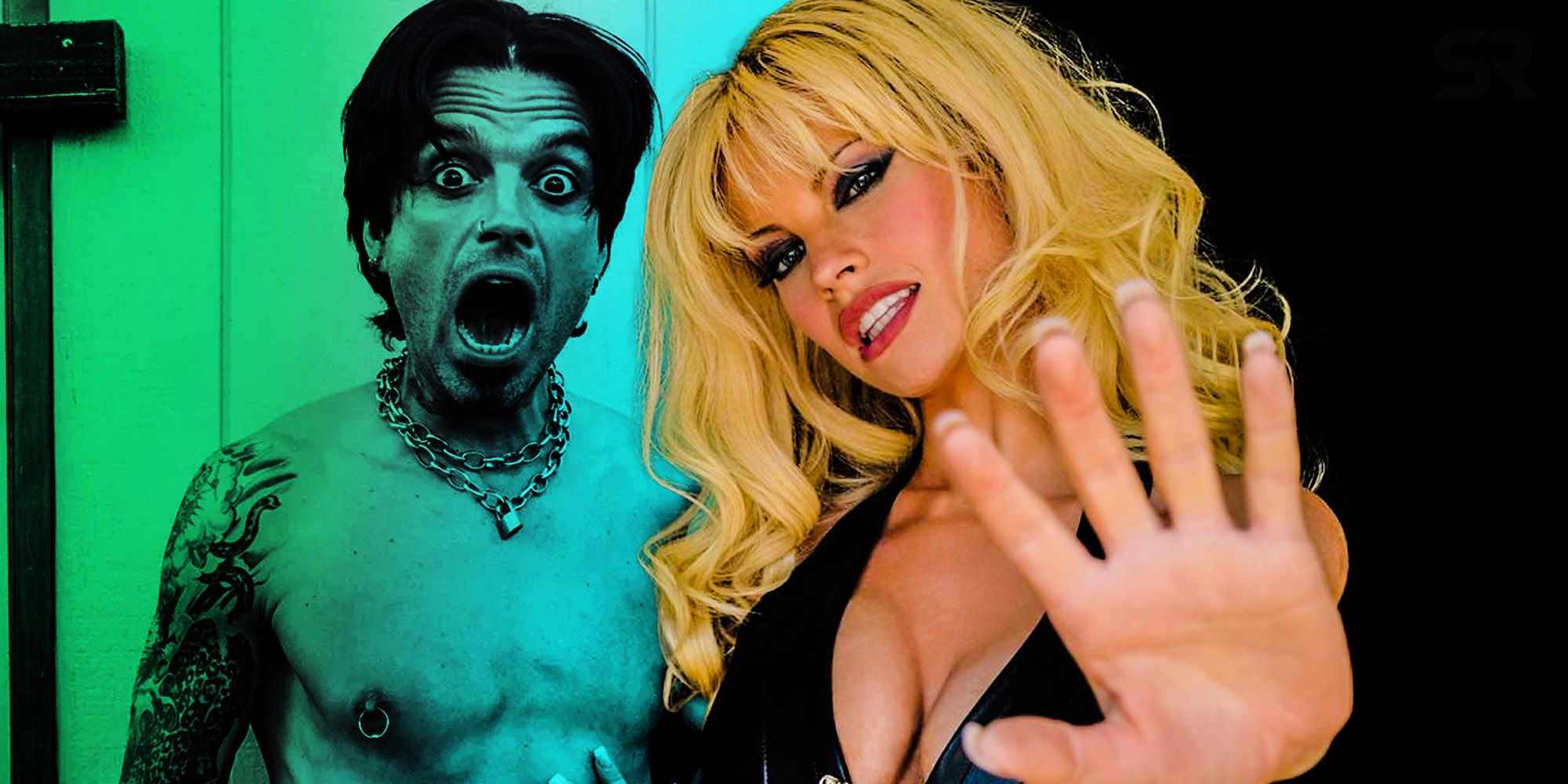


The 7 most rock ’n’ roll moments of The Who He realized that music could be so much more than the three-minute pop single. “It was Kit Lambert, our manager, who was encouraging us to do a rock opera. “It was a very adventurous time in music, where the bands ruled the waves, rather than the record companies ruling the waves,” said Daltrey.
#Tommy the who plus#
“And that was just explosive.”Īfter notching previous hits such as “My Generation,” “Happy Jack” and “I Can See for Miles,” The Who - Daltrey plus guitarist and principal songwriter Pete Townshend, drummer Keith Moon (who died in 1978) and bassist John Entwistle (who died in 2002) - was ready to rewrite the playbook as the ’60s came to a close. “There were kids who were essentially deaf, dumb and blind, wanting to be heard by their parents, wanting to be heard by their government,” said Keith Levenson, co-producer of the upcoming “Tommy Orchestral” live album, out June 14, and music director of The Who’s current “Moving On!” tour. The Who captured the spirit of a generation that needed someone to see them and feel them. “In terms of our culture, the youth culture, that’s where we were.” John Entwistle, Keith Moon, Pete Townshend and Roger Daltrey, members of The Who, in 1971 Getty Images “It was at a time when our country was questing, was searching,” said Mark Goodman, an original MTV VJ and longtime Who fan who now co-hosts “Debatable” on SiriusXM Volume. No doubt, “Tommy” represented the universal struggle of the young, disaffected and lost. That was a generation fighting for its identification and fighting for its spiritual path.” Obviously, in America, you had the Vietnam War. “And I think that had a lot to do with the Cold War at the time. “It obviously hit a nerve with the youth of America, that’s for sure, or the youth all over the world,” said Daltrey. Speaking and giving voice to a generation of youth in 1969, The Who never looked back after dropping their groundbreaking fourth LP, featuring such classic tracks as “I’m Free” and “We’re Not Gonna Take It.” While the story about a seemingly disabled boy who goes on to become a religious leader may have required a suspension of disbelief from the listener, it captured some real truths about the time. “But life is looking up at people - it’s not looking down at a pinball machine or a computer.” (Or a smartphone, for that matter.) “In today’s world, Tommy would have been very good at computer games,” Daltrey, 75, told The Post.
#Tommy the who movie#
In fact, The Who’s frontman, Roger Daltrey - who brought Tommy Walker to life on the double album and later in the star-studded 1975 movie - said it doesn’t take much of a stretch to imagine the character as he would be in 2019. The Who’s Pete Townshend still rocking - and as blunt as everįifty years ago today, “that deaf, dumb and blind kid” who scored immortality in “Pinball Wizard” was born when “Tommy” - The Who’s game-changing rock opera - was released on May 23, 1969.Īnd the story of the boy who played “a mean pinball” still resonates a half-century later. The Who's 'Tommy' rock opera musical is returning to Broadway The Who set first Cincinnati concert since 1979 fan stampede Why Tom Brady and other stale celebrities keep pretending to retire


 0 kommentar(er)
0 kommentar(er)
